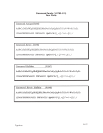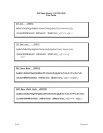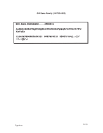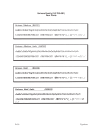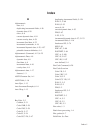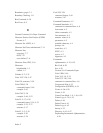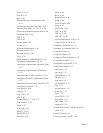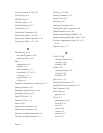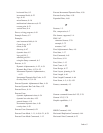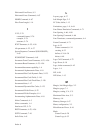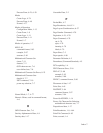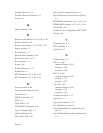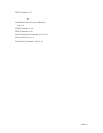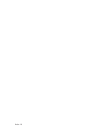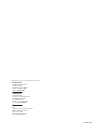Index–7
Execute Form, 6–21, 6–29
Modes
Create Logo, 4–74
Execute Form, 4–49
Normal, 4–77
Modes of Operation
Configuration Mode, 1–13
Create Form, 1–9
Create Logo, 1–11
Execute Form, 1–11
Normal, 1–7
Modes of operation, 1–7
MSI, 5–81
command format, 5–83
example, 5–87
structure, 5–81
Multinational Character Set
charts, 7–11
features, 7–2
OCR character sets, 7–6
user–defined sets, 7–8
Multinational Character Set Errors, 8–23
Multinational Character Sets
data bit 8, 7–7
ISET command, 7–10
power–up selection, 7–7
N
Normal Mode, 1–7, 4–77
Numeric Values, used in command format,
4–6
O
OCR Character Sets, 7–6
Overlay Alphanumeric Data, 4–9
Overlay data, 1–17
Overstrike Data, 2–2
P
Packed Bits, 4–7
Page Boundaries, 4–64, C–1
Page Layout Considerations, 6–37
Page Number Command, 4–78
Pagination, 4–51, 4–78
Paper Command, 4–79
cut, 4–79
eject, 4–79
intensity, 4–79
labels, 4–79
Paper Sizes, C–3
Paper speeds, 4–80
Parameter Delimiter, 4–3
Parentheses (Command Standard), 4–5
PCX capability, 1–4
PDF Character Sizes, 5–16
PDF–417, 5–88
example, 5–93
structure, 5–88
PDF417, command format, 5–90
Placement of data, 1–17
Point Size, 4–61
POSTNET, 5–94
command format, 5–97
structure, 5–94
Power On IGP/PGL, 1–14
Power–Up Character Set Selection,
multinational character sets, 7–7
Prepositioned data, 1–17
Print Boundaries, 1–9, 4–64
Print File Command, 4–83
Print, reversed, 1–4



